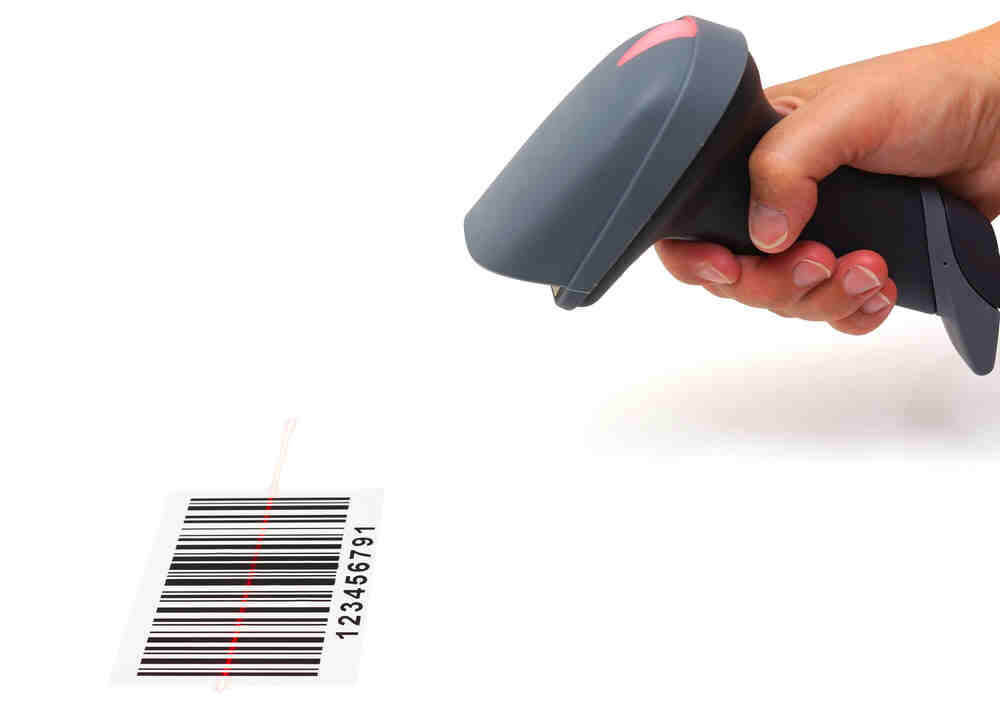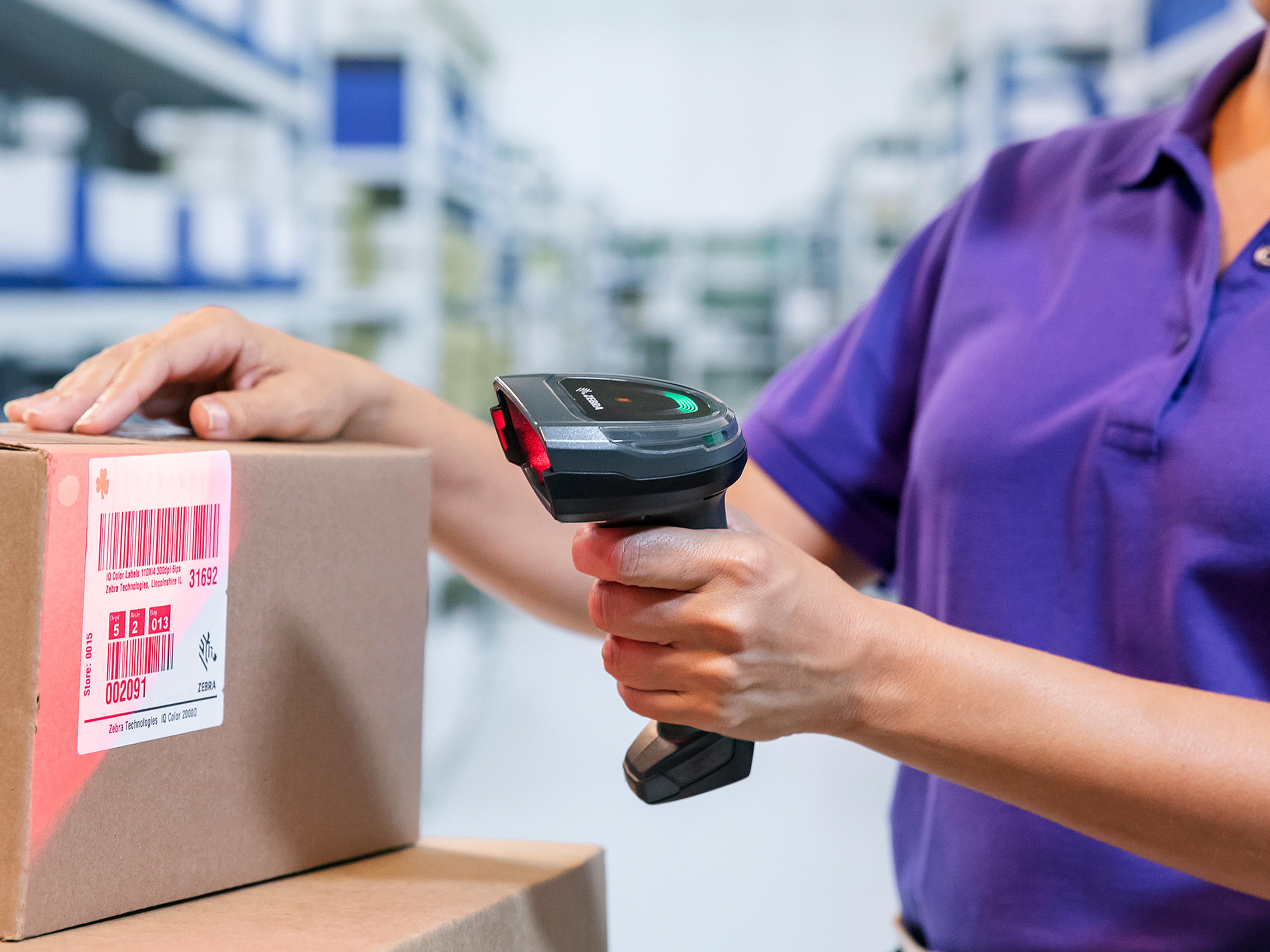High-Quality Barcodes Scanners for Heavy-Duty Scanning Needs
High-Quality Barcodes Scanners for Heavy-Duty Scanning Needs
Blog Article
Picking the Right Barcode Scanner for Your Business Demands
Choosing the suitable barcode scanner for your organization needs a nuanced understanding of your particular operational needs and environmental conditions. Elements such as scanner kind, speed, and compatibility with existing systems play a crucial duty in determining the right choice.
Understanding Barcode Scanner Kind
When it involves picking a barcode scanner, comprehending the different types available is important for meeting specific business demands. Barcode scanners can be categorized into numerous kinds, each created for different applications and environments.
Fixed-mount scanners, on the other hand, are made for high-volume scanning applications, frequently discovered in assembly lines or check out counters. These scanners are mounted in a fixed setting, allowing for fast scanning of multiple products in sequence.
Another type is the mobile computer system, which combines scanning capacities with computing power. These gadgets are ideal for field procedures or warehouse monitoring, enabling data collection and real-time supply tracking. Additionally, there are commercial scanners that are developed to stand up to harsh atmospheres, such as severe temperatures or exposure to dust and moisture.

Trick Attributes to Take Into Consideration
What essential attributes should companies focus on when selecting a barcode scanner? Scanning rate is important, as faster scanners enhance functional effectiveness, especially in high-volume environments. The scanner's ability to read numerous barcode layouts is additionally crucial; guarantee it sustains preferred kinds like QR codes, UPC, and Code 128 to fit diverse inventory items.
Resilience is one more essential feature, particularly for organizations in sturdy setups. Search for models that are developed to endure declines, dirt, and wetness. Additionally, take into consideration the connection options available; whether you prefer USB, Bluetooth, or Wi-Fi, the appropriate connection can enhance assimilation with existing systems.

Evaluating Your Organization Atmosphere
To efficiently pick a barcode scanner, companies have to analyze their details operational setting. This evaluation consists of assessing the physical design of the workspace, the nature of the products being scanned, and the regular conditions under which scanning happens. A retail setting might require handheld scanners that can swiftly process deals at the check out, while a warehouse setting could benefit from ruggedized scanners designed to endure harsher conditions.
Furthermore, think about the quantity of scanning required. High-throughput settings might demand advanced scanning technologies, such as fixed-position scanners or mobile devices that can operate effectively in hectic scenarios. The integration capacities with existing inventory management systems likewise play an important function; make sure the selected scanner can effortlessly attach with software program systems in operation.
In addition, assess the possibility for development and scalability. A scanner that satisfies present demands might not suffice as organization expands. By extensively analyzing these variables, organizations can choose a barcode scanner that not only meets immediate needs but also sustains long-lasting operational efficiency and flexibility. This critical technique eventually contributes to smoother processes and boosted efficiency.
Budgeting for Your Scanner
Having assessed the functional environment and determined the Discover More Here certain needs for a barcode scanner, the following action involves careful budgeting to make sure a smart financial investment. Developing a budget plan begins with identifying the overall prices related to the scanner, including initial purchase rate, functional expenses, and possible upkeep costs.
When selecting a barcode scanner, think about the variety of readily available alternatives, from handheld gadgets to fixed-position scanners, as prices can vary significantly. It is necessary to balance expense with capability; deciding for a much more inexpensive design may lead to raised operational inefficiencies if it does not fulfill your company needs.
Along with the hardware, variable in expenses connected to software, training, and prospective upgrades. While it might be appealing to lessen upfront expenditure, buying a high quality scanner that lines up with your operational demands can yield long-term cost savings through enhanced performance and minimized downtime.
Lastly, take into consideration the total cost of ownership, which incorporates the scanner's life-span and possible resale worth. By diligently planning your budget, you can make sure that your financial investment in a barcode scanner will improve your operational productivity and monetary efficiency.
Integration With Existing Solution
Incorporating a barcode scanner with your existing systems is critical for maximizing its efficiency and making certain smooth operations. barcodes scanners. A well-integrated scanner improves process effectiveness, decreases mistakes, and increases information handling. When choosing a barcode scanner, take into consideration compatibility with your existing software and equipment visit homepage facilities, including your supply monitoring systems, point-of-sale (POS) systems, and business source planning (ERP) remedies
Assess whether the scanner uses standard protocols such as USB, Bluetooth, or Wi-Fi, which can help with very easy assimilation. In addition, evaluate whether the scanner's software application uses APIs or SDKs that enable modification and combination with proprietary systems. This is particularly important for companies with unique functional needs.
As your business grows, your systems should be able to fit added scanners and deal with enhanced data quantities without considerable reconfiguration. Inevitably, investing in a barcode scanner that seamlessly integrates with your existing systems will certainly generate long-term benefits, improving accuracy, efficiency, and overall efficiency within your procedures.

Conclusion
To conclude, picking an appropriate barcode scanner demands a comprehensive examination of different elements, including scanner kinds, necessary attributes, and the particular company atmosphere. Proper budgeting for both acquisition and functional costs is necessary, together with making sure compatibility with existing systems. By carefully i thought about this taking into consideration these aspects, organizations can improve efficiency and performance, inevitably leading to boosted operational outcomes. The best barcode scanner serves as an essential tool in simplifying procedures and facilitating efficient supply monitoring.
Report this page